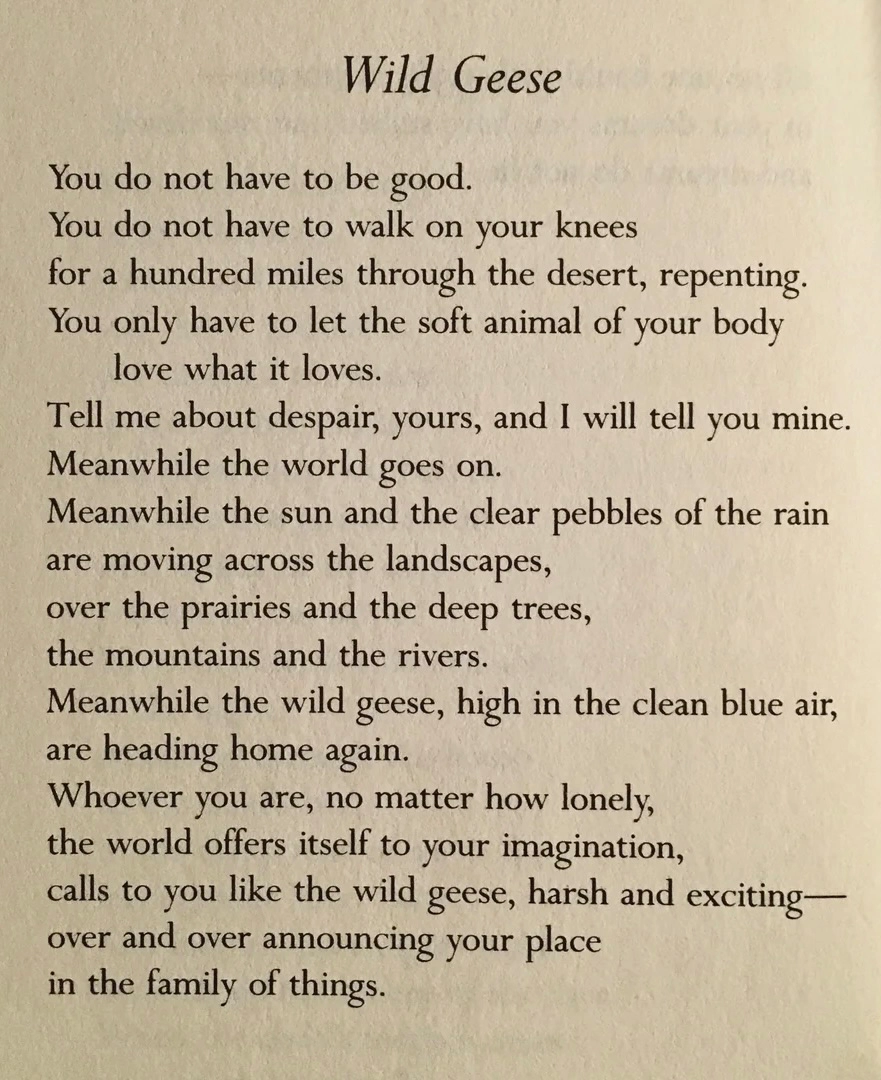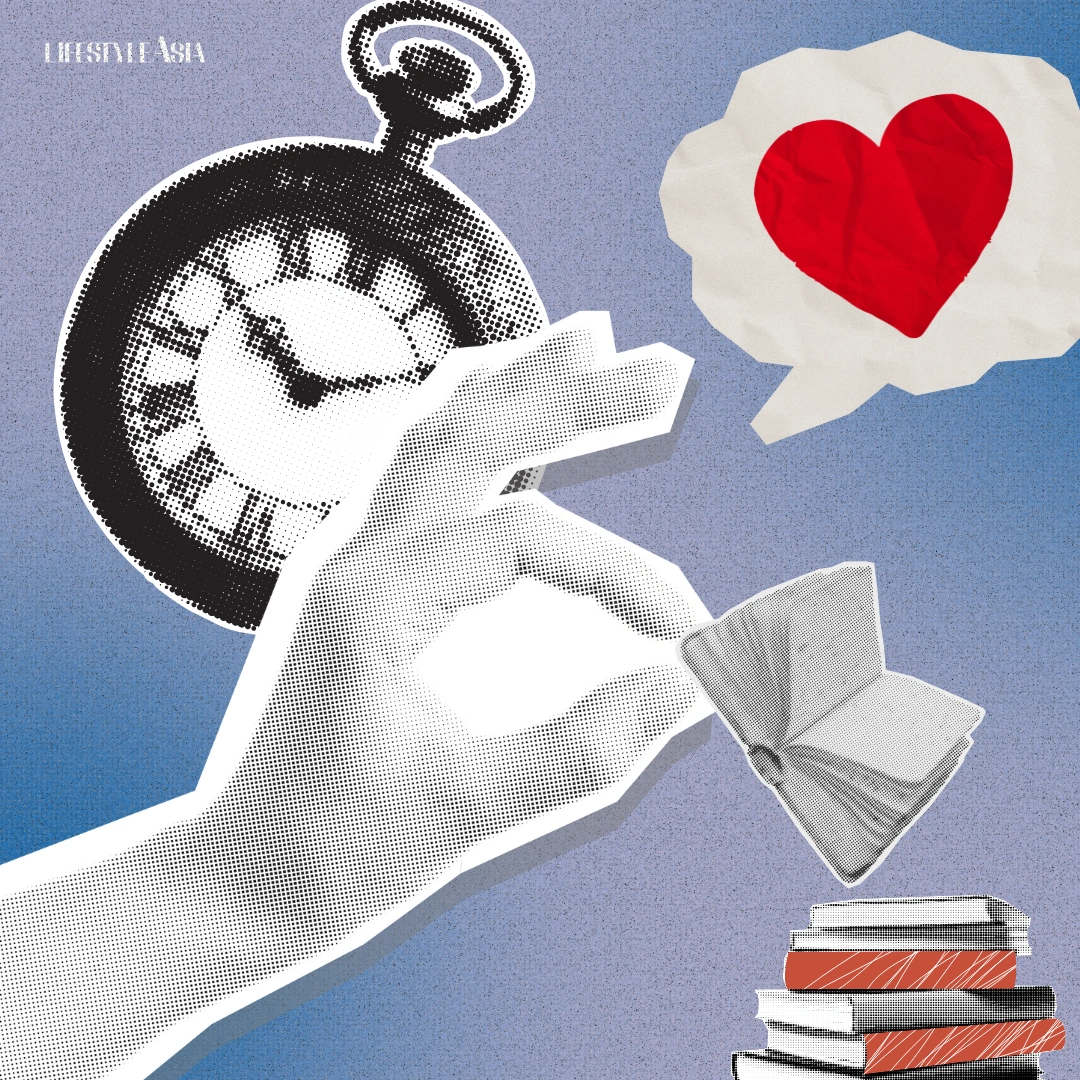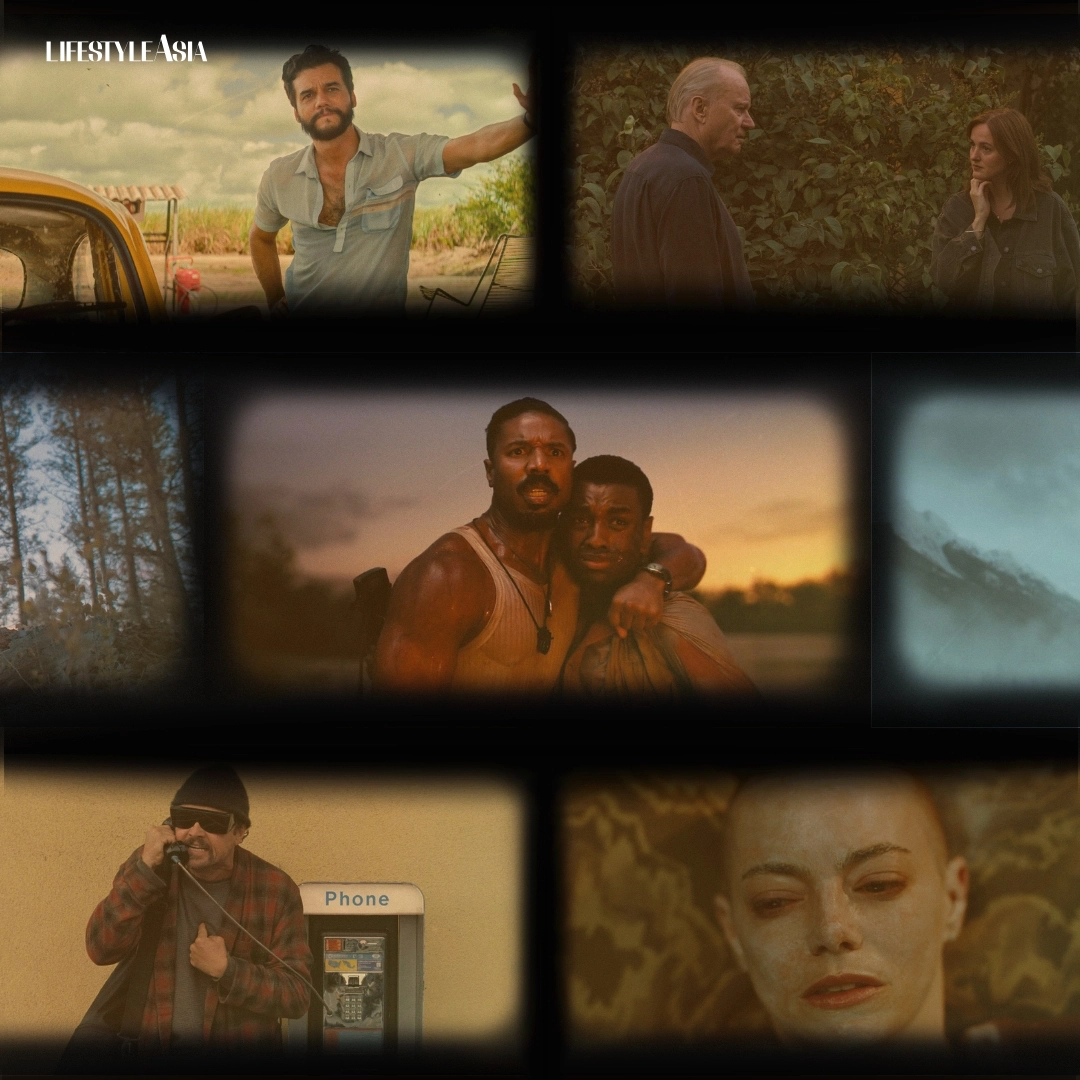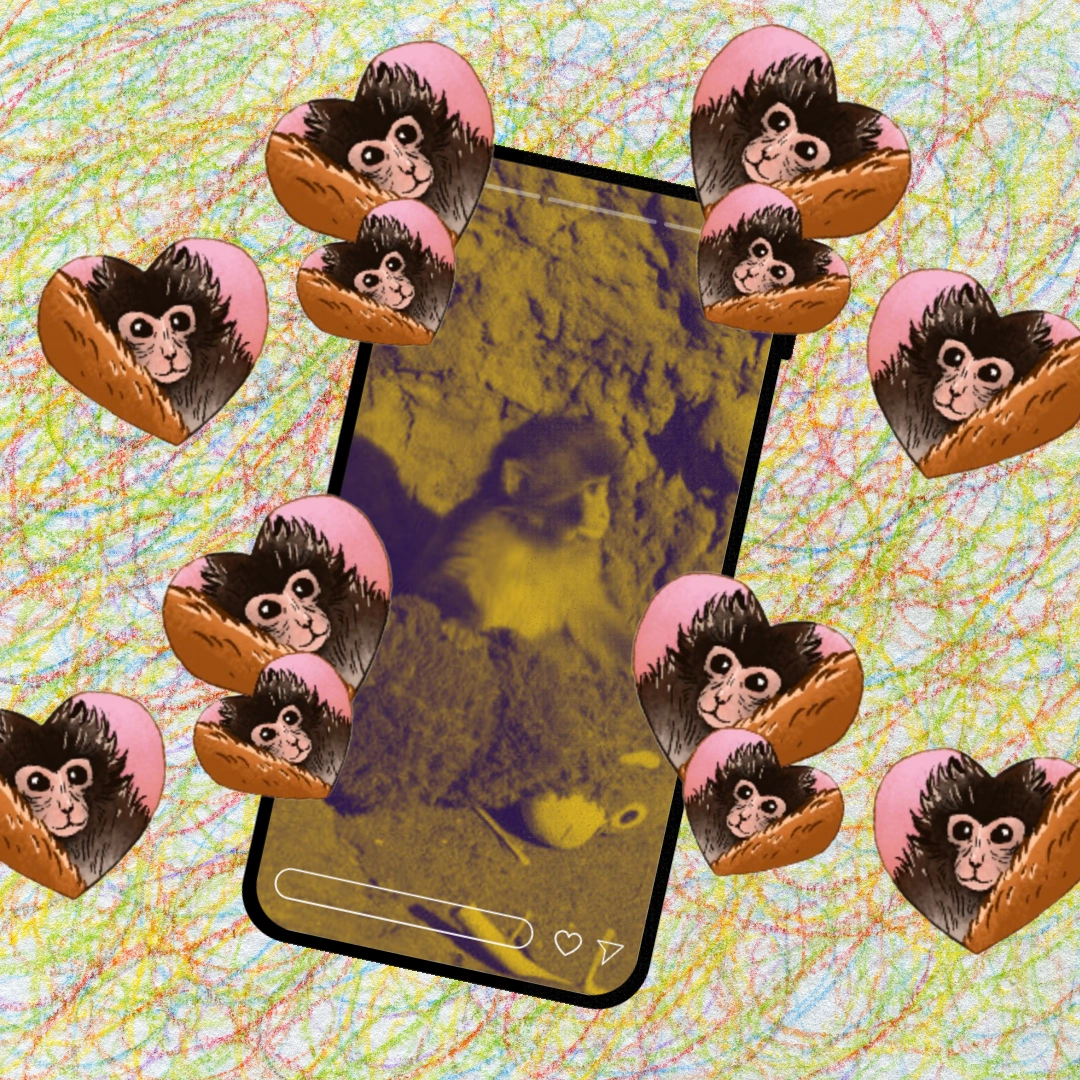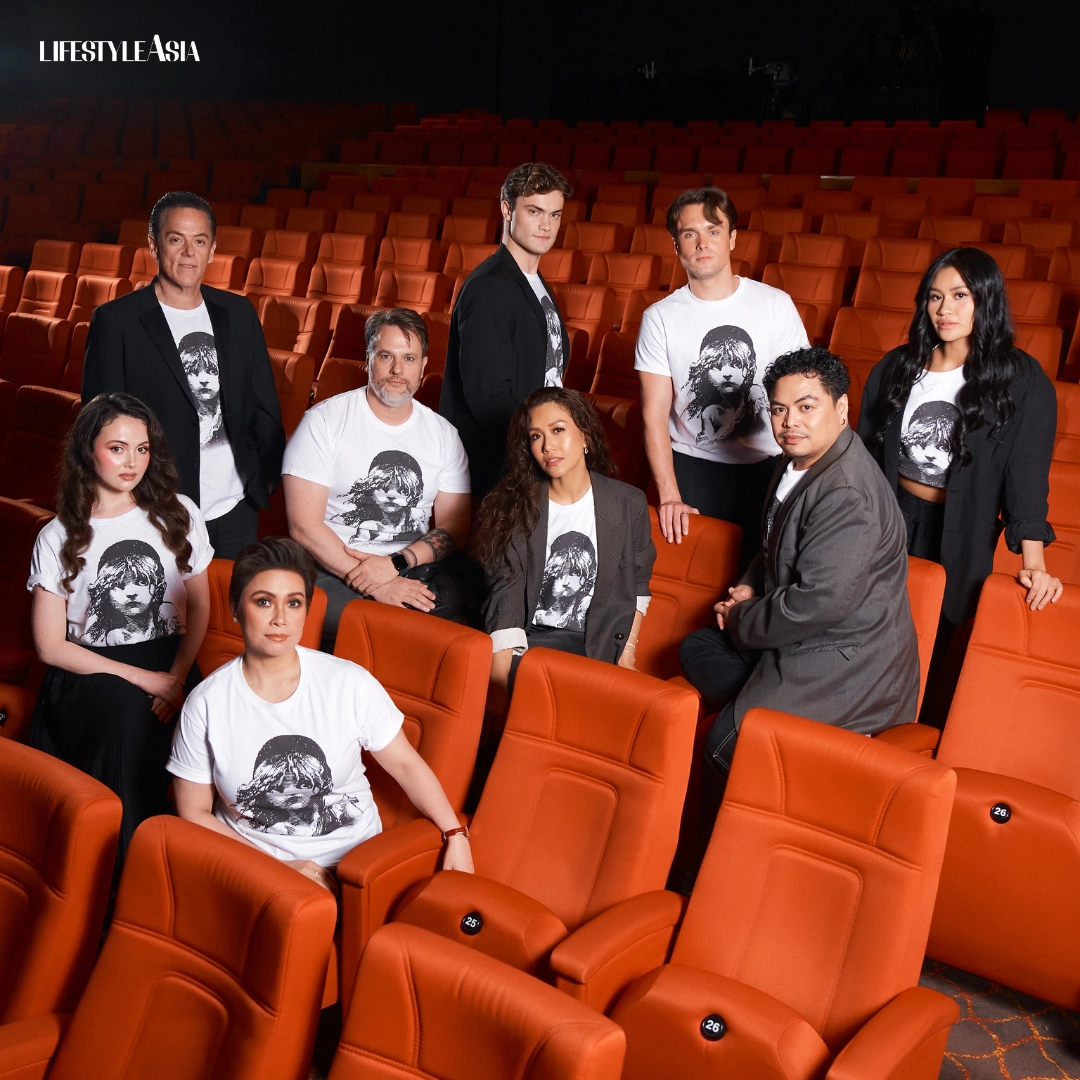Not in the mood for a whole novel? These tiny-but-powerful pieces hit deep—and you can finish them in one sitting.
We get it: attention spans are short. Maybe you’ve tried to detox from your phone and nourish your mind with a book, only to end up scrolling again or zoning out completely. If it’s not a tech thing, maybe you’ve just been too busy, or honestly, too tired to dive into a full-length novel. Whatever the reason, we’ve got you. You don’t need hundreds of pages to feel something. Bite-sized literature—anything you can read in one sitting—can still hit hard, offering big ideas and deep emotion in a small package.
You know that feeling when something really lands. You pause, close your eyes, take a deep breath, and think: wow. Whether it’s an emotional jolt, a line that feels a little too relatable, or an ending that lingers, these short reads deliver impact—no major time commitment required.
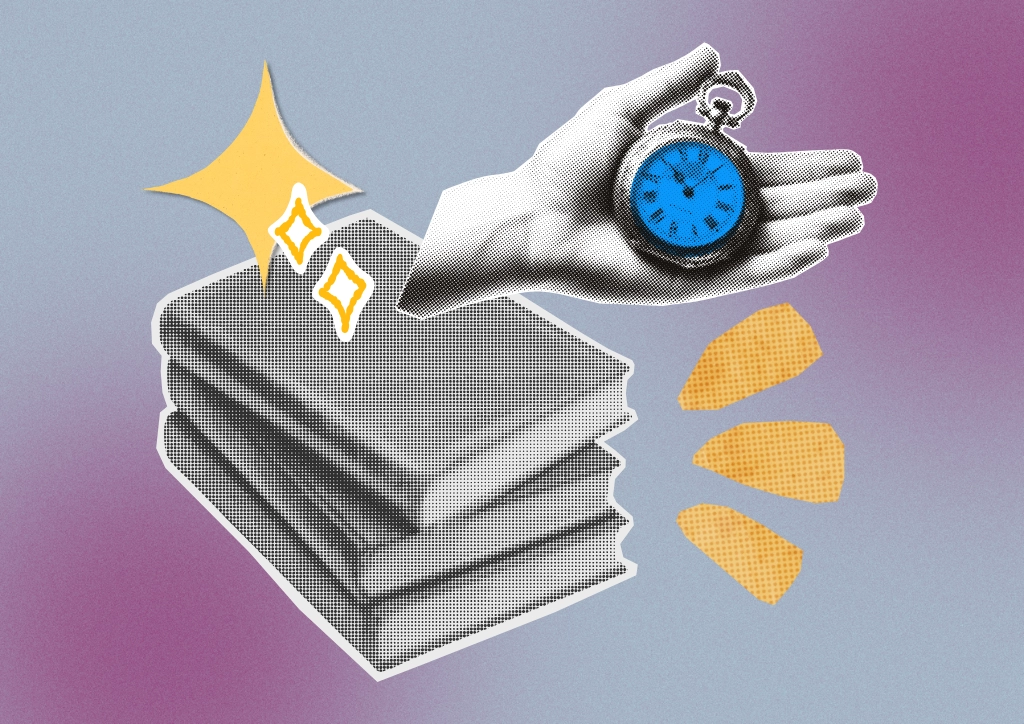
READ ALSO: 7 Online Independent Bookstores To Check Out
Short Fiction
“Flowers for Algernon” by Daniel Keyes
Read this if: You liked the themes explored in Forrest Gump and Eternal Sunshine of the Spotless Mind, and want to feel your soul shatter.
What’s It About?
Daniel Keyes’s “Flowers for Algernon” unravels the layers of concepts like identity, memory, and scientific ethics through the story of Charlie Gordon: a man with an intellectual disability who undergoes a special surgery to heighten his intelligence. As the story unfolds, he starts to see that his newfound state comes with its heavy burdens.
“I don’t know what’s worse: to not know what you are and be happy, or to become what you’ve always wanted to be, and feel alone.“
Advertisement
“The Ones Who Walk Away from Omelas” by Ursula K. Le Guin
Read this if: You’re in need of something that asks significant, philosophical questions without being boring.
What’s It About?
Would it be okay for one person to suffer immensely so society can live in utter peace and prosperity? The late science fiction maven Ursula Le Guin explores this iteration of the Trolley Problem in her haunting story “The Ones Who Walk Away from Omelas” —which has left generations of readers reeling long after they’ve read it.
“The trouble is that we have a bad habit, encouraged by pedants and sophisticates, of
considering happiness as something rather stupid. Only pain is intellectual, only evil interesting.“
“The Husband Stitch” by Carmen Maria Machado
Read this if: You need something that blends elements of horror and folklore with social commentary on bodily autonomy and consent.
What’s It About?
Loosely inspired by the old European folktale of “The Girl with the Green Ribbon,” Carmen Maria Machado’s “The Husband Stitch” follows a woman’s marriage, which she dedicates herself to with one firm rule: that her husband never touch or untie the green ribbon on her neck. More somber than bone-chilling, it’s a story that captures the quiet yet prevalent forms of physical and emotional invasion that many women face today.
“I assure him that he’ll understand when he is grown. I distract him with stories that have no ribbons: angels who desire to be human and ghosts who don’t realize they’re dead and children who turn to ash.“
“The Great Silence” by Ted Chiang
Read this if: You want to better appreciate what this planet has to offer.
What’s It About?
Told from the perspective of a parrot, Ted Chiang’s “The Great Silence” reminds us that amid scientific advances and the constant yearning to search for answers beyond this earth, we know very little about the other life forms that surround us. A sobering monologue written with essayistic clarity, its final lines—addressed to both reader and humanity—will stick with you.
“The Fermi paradox is sometimes known as the Great Silence. The universe ought to be a cacophony of voices, but instead it’s disconcertingly quiet. Some humans theorize that intelligent species go extinct before they can expand into outer space. If they’re correct, then the hush of the night sky is the silence of a graveyard.”
Short Essays And Memoir Pieces
“Ghosts” by Vauhini Vara
Read this if: You want to see what technology brings to the table—and takes away—when words fail.
What’s It About?
Writer Vauhini Vara turns to OpenAI’s GPT-3 to help her talk about her sister’s death in a piece for Believer Magazine. Vara begins each section by writing a part of her story, before letting GPT-3 supply the rest. The result? A hybrid work that blends human emotion with the unreliable fictions of AI to create a jarringly poignant narrative about grief.
“But as I said, it wasn’t my life that was going on—not the life I’d had. As I said, I was a ghost. The truth is that, even all these years later, I remain a ghost.“
“Walnut and Me” by Sam Anderson
Read this if: You’ve ever loved and lost a pet.
What’s It About?
More than a tribute for the death of his dog, Walnut, Sam Anderson’s animated essay in The New York Times is a heart-wrenching meditation on what it means to love another creature—and how this act can teach us to face our own mortality.
“Do animals know they’re going to die? They seem to have a different relationship to this fact than humans do. They don’t spend their lives fretting over it. They just live…until they’re gone. Maybe they exist in an eternal present, a perpetual lightness that we will never feel.”
“The Crane Wife” by CJ Hauser
Read this if: You’re constantly making yourself smaller in your relationships, or you worry about being “too much.”
What’s It About?
After ending an engagement with a toxic fiancé, writer CJ Hauser joins a scientific expedition to study whooping cranes. In her piece for The Paris Review, she alternates between distressing anecdotes from her relationship and those from the trip, skillfully weaving them together with scientific facts and mythology about the birds as she illustrates her journey toward learning to take up space and come to terms with her own needs.
“I need you to know: I hated that I needed more than this from him. There is nothing more humiliating to me than my own desires. Nothing that makes me hate myself more than being burdensome and less than self-sufficient. I did not want to feel like the kind of nagging woman who might exist in a sit-com.“
“Joyas Voladoras” by Brian Doyle
Read this if: You want to remember why we live.
What’s It About?
Brian Doyle’s piece begins like a scientific discussion on the hearts of hummingbirds and blue whales for The American Scholar, but the ebb and flow of his lyrical prose makes it feel like something else entirely. By the last two paragraphs, you realize that the piece is less about hearts and more about what it means to have them.
So much held in a heart in a lifetime. So much held in a heart in a day, an hour, a moment. We are utterly open with no one in the end—not mother and father, not wife or husband, not lover, not child, not friend. We open windows to each but we live alone in the house of the heart. Perhaps we must. Perhaps we could not bear to be so naked, for fear of a constantly harrowed heart.“
Poems (If You Want It Extra Short)
“The Quiet World” by Jeffrey McDaniel
Read this if: You’re looking for a bittersweet dystopian tale, masterfully condensed into a single poem. Find it here.
“Death is Nothing at All” by Henry Scott Holland
Read this if: You’ve lost someone you love, and need some gentle words on what comes after.
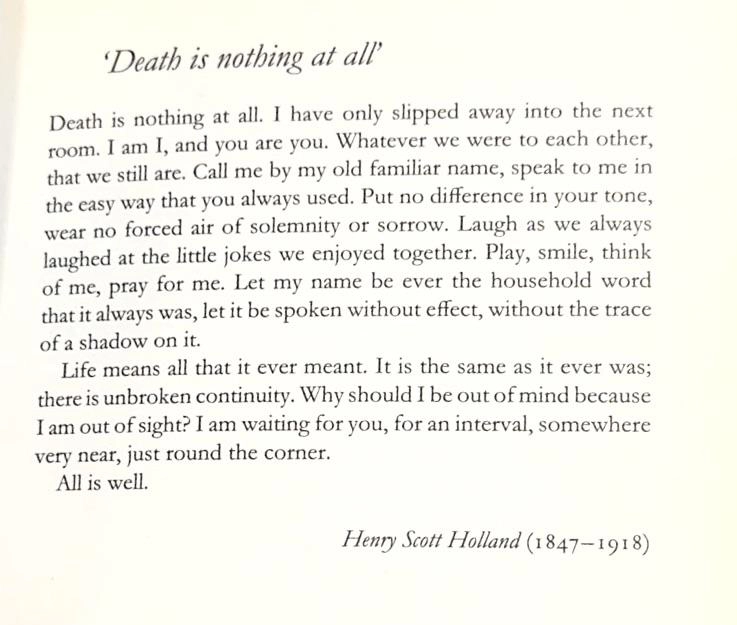
“Negative Space” by Ron Koertge
Read this if: You share a special hobby with a parent that defines your relationship. Find it here.
Bonus: Watch the poem come to life through this Oscar-nominated short film by Ru Kuwahata and Max Porter.
“Good Bones” by Maggie Smith
Read this if: You want to feel hopeful about the state of the world, and your place in it (or if you’re a parent). Find it here.
“Wild Geese” by Mary Oliver
Read this if: You’re feeling lost in life and critical of yourself.
